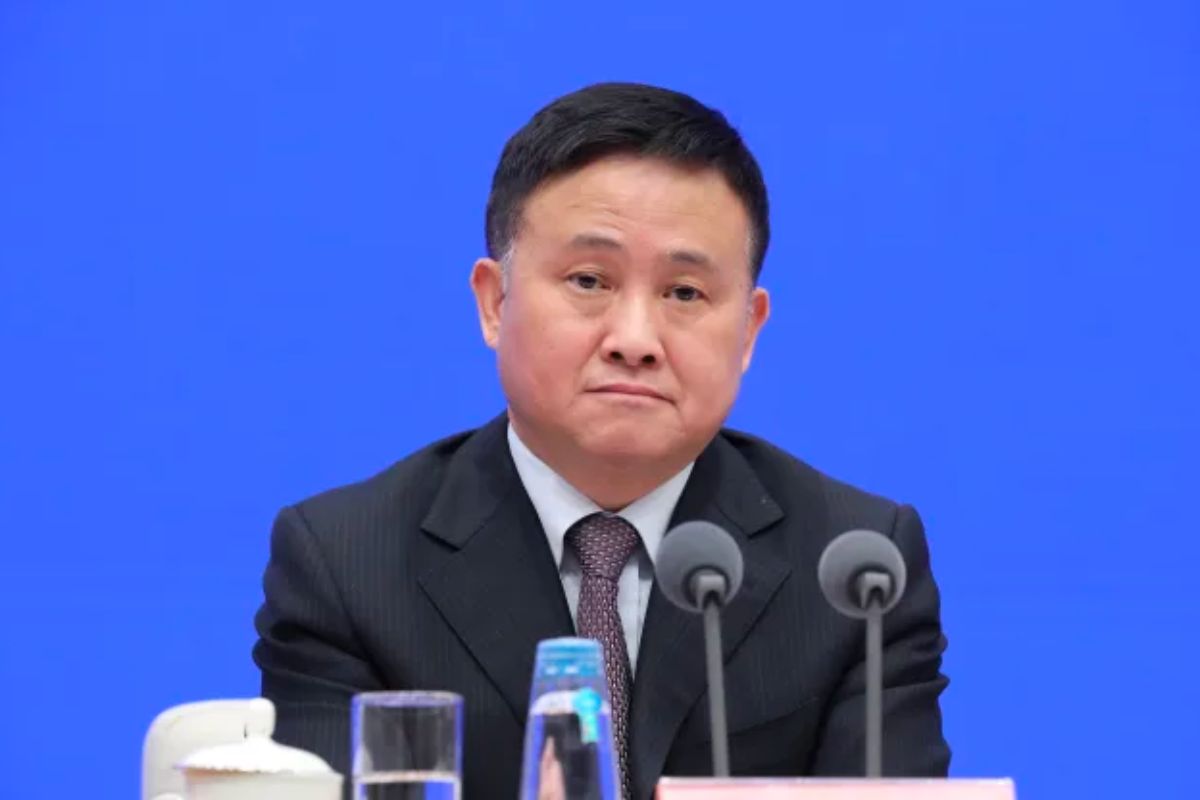China has assured to reduce the liquidity book needs for its financial institutions in the coming months as a procedure to boost financial development.
Book proportion needs for financial institutions will be cut by 50 basis points from Feb. 5, which will give 1 trillion yuan ($ 139.8 billion) in lasting capital, Pan Gongsheng, the People’s Bank of China governor, said at an interview in Beijing Wednesday.
This is the initial decrease aside needs this year, after two cuts in 2014. The PBOC also stated Wednesday there’s room for further financial plan easing. Decreasing the reserve requirements that financial institutions need to preserve will certainly increase the capability for loan providers to prolong fundings and stimulate spending in the wider economic situation.
Pan likewise informed reporters the reserve bank and the National Financial Regulatory Administration have actually been servicing brand-new policy to support loans for high-grade realty programmers– and that details would be launched later Wednesday or Thursday.
He did not clarify better on real estate issues, however stated city government debt troubles were primarily in underdeveloped areas, “which has restricted effect on the economic situation and financing in aggregate.” That’s according to a CNBC translation of the Chinese comments.
China’s property industry is deeply connected to the economic health of city governments, as land sales to programmers have actually long been a significant source of profits. Nevertheless, the sector has lately experienced a decline because of the federal government’s initiatives to suppress the too much use of financial obligation by developers, which has led to a decline in residential or commercial property sales and growth activities.
Stocks in Hong Kong and China extended gains in the last hour of profession, while returns on China’s 10-year federal government bonds sneaked marginally reduced after the information. China vowed Monday to “strengthen the market’s inherent stability” in the middle of a thrashing in the nation’s onshore and overseas securities market.
Pan recognized Monday’s meeting and recent passion in what he called the “resources market.” He said the reserve bank would work to develop good conditions for financial markets.
His statements of the honest reserve proportion demand cut and realty plan paper additionally noted a rare decision to launch news during journalism instruction. Such plan relocations are normally only released online and distributed through state media.
“The 0.5 percent point reduction was executed quickly and effectively, indicating that financial plan focuses on security, swift activity, and precision,” stated Bruce Pain, chief economic expert and head of study for Greater China at JLL, in a statement equated by CNBC.
International changes
Data released last week showed the globe’s second-largest economy expanded 5.2% in 2023, broadly according to main forecasts. Its fourth-quarter GDP print also stood at 5.2%, however fell just timid of economic experts’ median estimates.
China’s post-Covid economic recuperation has actually been uninspired, withh China’s leading leaders warning the procedure would certainly be “tortuous.”
However, on the international macroeconomic front, a major modification this year is that the United State Federal Get is commonly expected to start cutting rates, following hostile rates of interest hikes. High united state prices have actually made it extra eye-catching for international capitalists to park cash in U.S. buck properties, while putting pressure on the Chinese yuan.
Beijing did not embark on massive stimulation following the pandemic however maintained monetary policy relatively loose versus the U.S. and Europe.
The PBOC’s Frying pan mentioned that this year, the void in between united state and Chinese monetary policy cycles would tighten.
He stated that this change in the outdoors conditions is objectively helpful for improving the self-reliance of China’s monetary plan activities and raising the area for monetary plan activities.
Beijing is seeking to strengthen development in a targeted way, while crafting a deleveraging of its once-bloated property market, with a few of its biggest building developers dealing with serious financial debt issues. This has actually intensified financial risks and roiled consumer confidence, as customer rates stammer on the verge of depreciation.
Pan pointed out the consumer price index increased by just 0.2% in 2023, which he described as a “significant decrease” from a year earlier. He noted that within China, there wants need, overcapacity in some markets, weak societal assumptions regarding the future and low cost degrees.
When it come to financial issues, Pan emphasized the value of maintaining a stable price level and promoting a moderate increase in costs.
